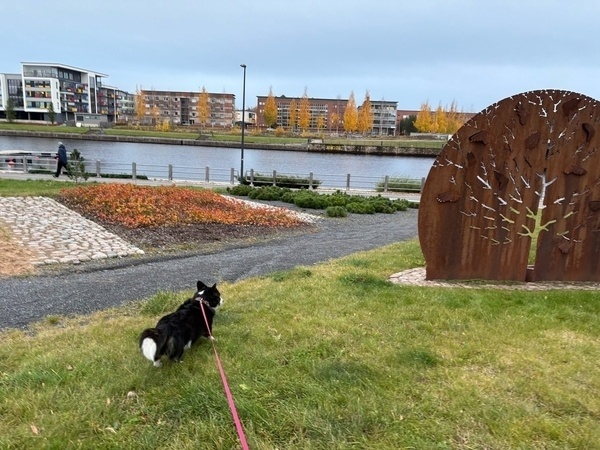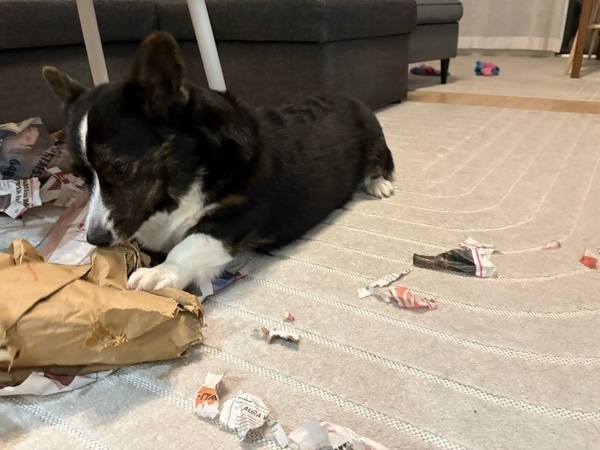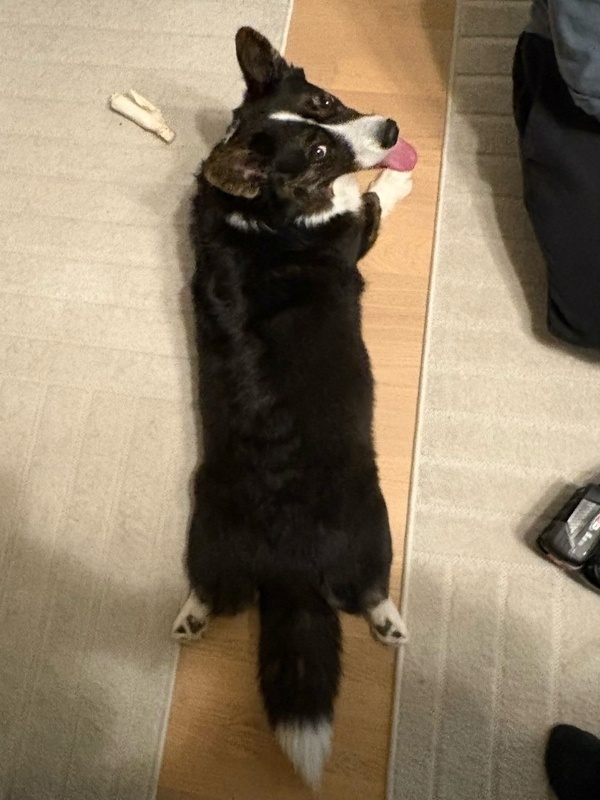A great, if very long read (at least as far as recommendations in blog posts are concerned): Donella Meadows - Leverage Points: Places to Intervene in a System. This is an essay about how to go about effectively changing a system - like a society - from a systems analysis perspective. It presents a list of leverage points (“These are places within a complex system (a corporation, an economy, a living body, a city, an ecosystem) where a small shift in one thing can produce big changes in everything.") and explains their ins and outs. Here’s the list:
PLACES TO INTERVENE IN A SYSTEM(in increasing order of effectiveness)
- Constants, parameters, numbers (such as subsidies, taxes, standards).
- The sizes of buffers and other stabilizing stocks, relative to their flows.
- The structure of material stocks and flows (such as transport networks, population age structures).
- The lengths of delays, relative to the rate of system change.
- The strength of negative feedback loops, relative to the impacts they are trying to correct against.
- The gain around driving positive feedback loops.
- The structure of information flows (who does and does not have access to information).
- The rules of the system (such as incentives, punishments, constraints).
- The power to add, change, evolve, or self-organize system structure.
- The goals of the system.
- The mindset or paradigm out of which the system — its goals, structure, rules, delays, parameters — arises.
- The power to transcend paradigms.
This list is a great starting point to think about systems change, because it includes lots of examples, which makes us understand the terms and the order better.
What I liked most about it:
It renewed my interest in paradigms and how to play with them strategically. Realizing, once more, that paradigms are not truth, but epistemic tools seems evermore important. It also gels nicely with what I yesterday remarked about myth making: Myth making might be a good name for practice of feeling in the dark while we do not know how the new paradigm should look like and therefore have difficulties in describing it fully. At the same time I could see the fatalistic turn as an expression of a new - pessimistic - paradigm. However I’m unsure if its potential is bigger in describing why things can’t and won’t work and we just have to endure than in realizing there is a way out - because the fatalistic turn is an expression of absurdity, in the end. Here’s what Donella had to say about changing paradigms:
So how do you change paradigms? Thomas Kuhn, who wrote the seminal book about the great paradigm shifts of science,7 has a lot to say about that. In a nutshell, you keep pointing at the anomalies and failures in the old paradigm, you keep coming yourself, and loudly and with assurance from the new one, you insert people with the new paradigm in places of public visibility and power. You don’t waste time with reactionaries; rather you work with active change agents and with the vast middle ground of people who are open-minded.
Systems folks would say you change paradigms by modeling a system, which takes you outside the system and forces you to see it whole. We say that because our own paradigms have been changed that way.
As somebody who has spend an absurd amount of time with Popper, Kuhn, Lakatos, Mannheim, Latour and so many more that I have since forgotten about (or didn’t make the effort to name here), as a student of history of technology and science I felt an echo occurring within me when reading these words: That of the historically inclined person1 recognizing that my approach to the world in recent years - after having to, but kinda also wanting to, switch fields (from humanities to programming) was missing a crucial part: I was not doing theory enough!
-
Although my main interest was not in telling stories or reciting facts. My interest was always more “architectural”: How historically interesting systems change over time and what patterns, and generic processes and historically stable “truths” can be extracted from that. ↩︎












